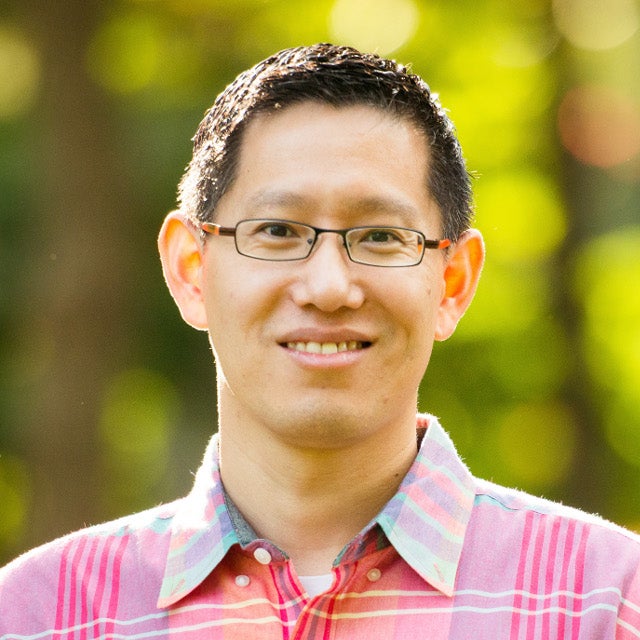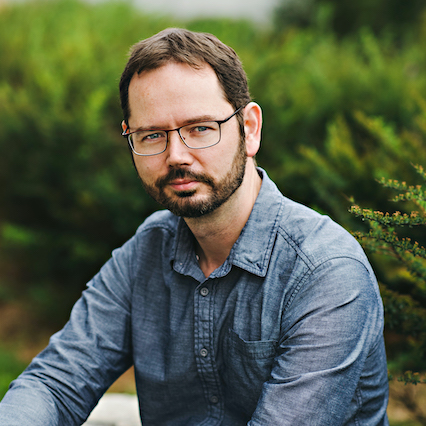Jimmy Lin

ChatGPT and the LLM Revolution: Challenges and Opportunities
About Jimmy Lin:
Dr. Jimmy Lin is a professor and holds the David R. Cheriton Chair in the David R. Cheriton School of Computer Science at the University of Waterloo. He also serves as the co-director of the Waterloo AI Institute, which has the mission to promote cross-disciplinary research at the frontiers of artificial intelligence and its applications across the entire campus.
Dr. Lin’s area of research lies at the intersection between natural language processing and information retrieval. In addition to being one of the most cited artificial intelligence scholars in the world, he has been frequently and deeply engaged with both the private and public sectors throughout his career, including an extended sabbatical at Twitter and visiting positions at the US National Library of Medicine (NLM), part of the National Institutes of Health (NIH).
He presently serves as the chief technology officer of Primal, a Waterloo-based AI company focused on creating meaning that computers can understand. Dr. Lin holds a Ph.D. in Electrical Engineering and Computer Science from MIT and is a fellow of the ACM.
Mark Crowley

Everything you ever wanted to know about the AI Hype, but were afraid to ask a ChatGPT about: Cutting through the AI Hype
There is a lot of hype recently about Artificial Intelligence arising from announcements over the past year of groundbreaking new tools using generative models. There is disagreement in the media, in society, and even amongst researchers about the implications of these rapid advances for science, work, for education, and for society in general. These dramatic new AI technologies are surprising, but not unbelievable. They build upon a series of advances over recent years and even decades. Two things, at least, are clear. First, these tools are not a trick, they're results are real, and require us to rethink what "thinking" and intelligence mean to us. Second, they are here to stay, so we better try to understand what they do now and what they could do very soon. We can also look to previous AI and Information Technology revolutions to help us see where this one might lead. In this talk, I'll try to demystify these new AI tools, highlight what are the important opportunities to look out for and give my own take on which use cases really worry me. (Hint, there are much bigger things to worry about than student's getting help on assignments.)
About Mark Crowley:
Mark Crowley is an Associate Professor in the Department of Electrical and Computer Engineering at the University of Waterloo, is a member of the Waterloo Artificial Intelligence Institute, the Waterloo Institute for Complexity and Innovation (WICI) and is National Secretary of the Canadian Artificial Intelligence Association (CAIAC) which coordinates the yearly organization of the Canadian Conference on AI. He and his students carry out research into Reinforcement Learning, large-scale image-like processing, fundamental research into methods for manifold learning/dimensionality reduction and use of AI for Scientific and Experimental Reasoning. Some of this research is motivated by theoretical opportunities, particularly in manifold learning and multi-agent reinforcement learning. However, most of the work flows out of challenges raised by real-world domains including forest fire management, the automotive domain, medical imaging, and digital chemistry/material design.